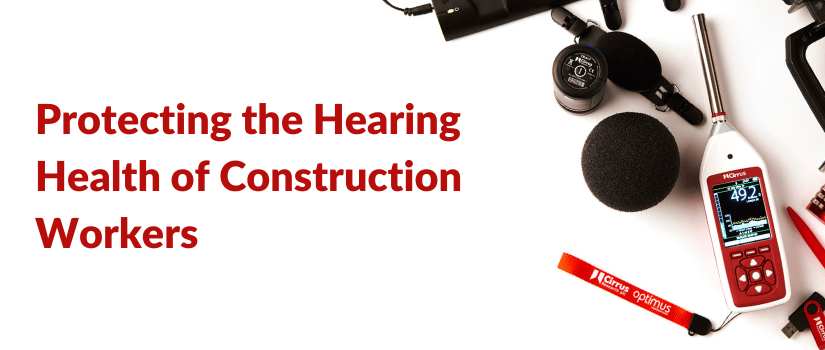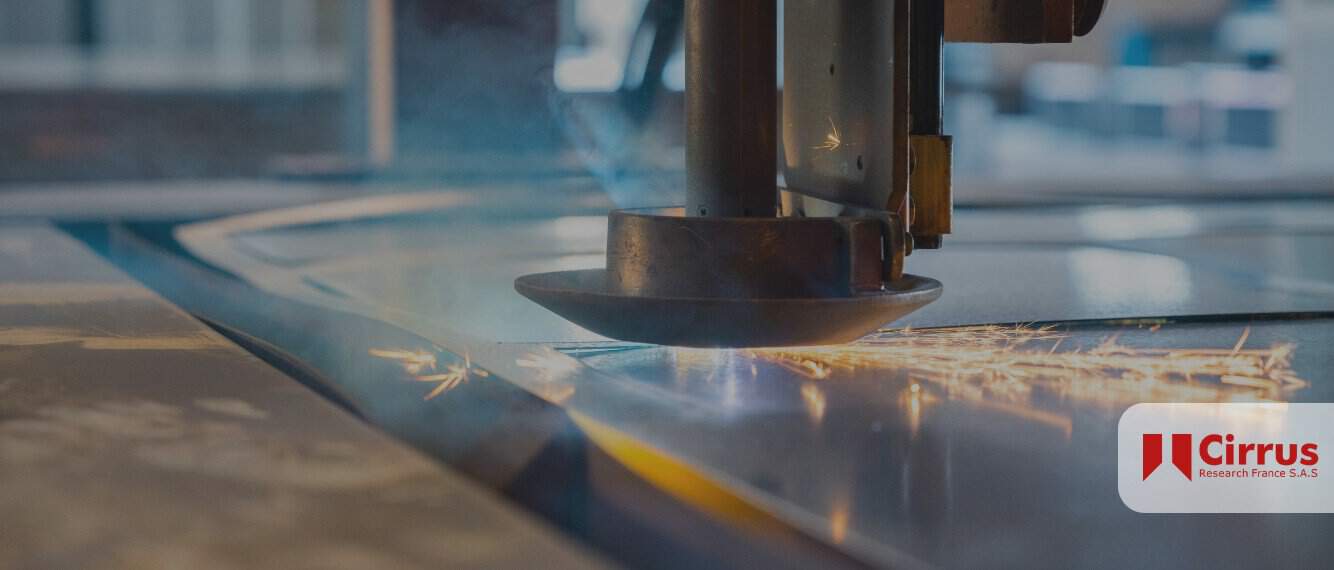Do you calibrate a sound level meter frequently? Most sound level meter users know they must calibrate their sound level meters but a question I get asked frequently is “how often?” Here’s my best practice advice so you can calibrate with confidence.
What do we mean by calibration?
Before we go into how often you should be calibrating, I just want to quickly recap what we mean by calibration. There are two ways of calibrating, both of which are important to ensuring the accuracy of your sound level meter.
Field Calibration
This is after you’ve purchased your sound level meter and start using it to take measurements. It involves using an acoustic calibrator that is usually supplied as part of your measurement kit.
The acoustic calibrator fits over the microphone and outputs a consistent sound level for the microphone to detect. The software in the sound level meter knows what the output from the calibrator should be.
If there’s any variation between what the calibrator is outputting and the what the microphone is receiving, the sound level meter can offset the difference to ensure your measurements are consistent and accurate against a consistent noise source.
Recalibration
This involves sending your sound level meter and acoustic calibrator back to the original manufacturer for them to calibrate and verify the instruments.
As with any precision instrument, components age and can be subjected to changing environments. This means that their performance will degrade over time and your data can become unreliable.
Recalibration essentially checks all of these components and that the performance of the equipment is the same as when it was manufactured.
Think of it like an MOT & service for your car.
Why you should calibrate a sound level meter
If you’re measuring to any Standard, Regulations or Guidelines it is vital to calibrate your sound level meter. If not, the accuracy of your measurements could be called into question. Calibrating your sound level meters will give you:
- Peace of mind that your sound level meter is measuring consistently over a given time period
- Proof from the manufacturer that sound level meter and Acoustic Calibrator are functioning normally
- Improved performance and a longer lifespan if you look after it, it will last longer
- If your sound level meter comes under warranty, it may become invalid if regular calibration is not carried out
When must a sound level meter be calibrated?
For field calibration, you should be using your acoustic calibrator before and after each measurement. That way, you know you have checked your sound level meter against a verified noise source and that the instrument has offset any variation.
That means you can compare the reading you have just taken with a similar reading you may have taken 6 months ago safe in the knowledge that any variation in performance has already been taken into account.
The fact that you’ve used an acoustic calibrator should show up on your reports when you download the measurements into your noise analysis software. If the instrument has had to offset any variation, it should display this as well. This proof of regular field calibration is vital if your data is ever called into question.
Calibration of your sound level meter by its manufacturer manufacturer is something I recommended annually.
Some regulations (like the 2005 Control of Noise at Work Regulations) state that a sound level meter should be returned every two years and the acoustic calibrator every year. However, the more often you have the sound level meter calibrated, the less risk of your measurements being questioned. I always recommend erring on the side of caution, especially when you are measuring to Standards, Regulations and Guidelines.
Not calibrating often enough is just one of the 5 Biggest Noise at Work Mistakes highlighted in this eBook.
What about the cost?
After purchasing your sound level meter kit, field calibration won’t cost you anything as the Acoustic Calibrator should be already supplied. It only takes a matter of seconds for the field calibration to be completed, so you’re not going to lose hours of your day completing this step either.
The cost of recalibration by the manufacturer will vary dependent on who you choose. However, the cost of not recalibrating could be far higher if your business is fined or prosecuted for breaching the Regulations.
If you want more information on pricing, contact Cirrus Research today as they can calibrate any instrument from any manufacturer.
Start Calibrating!
I hope this answers your questions on how often you should calibrate a sound level meter. If it’s field calibration, before and after each measurement. If it’s recalibration by the manufacturer, I recommend sending it back annually.
Until next time, friends. Keep calibrating!



